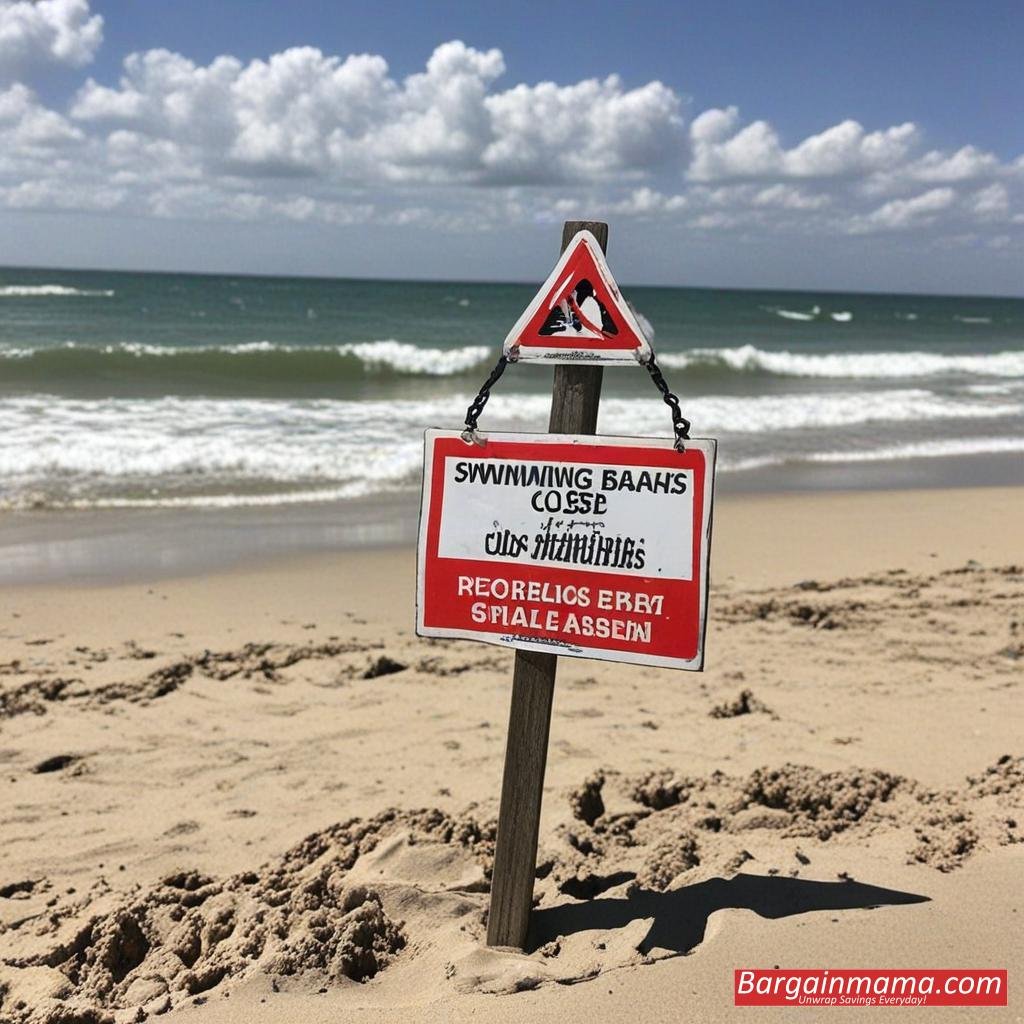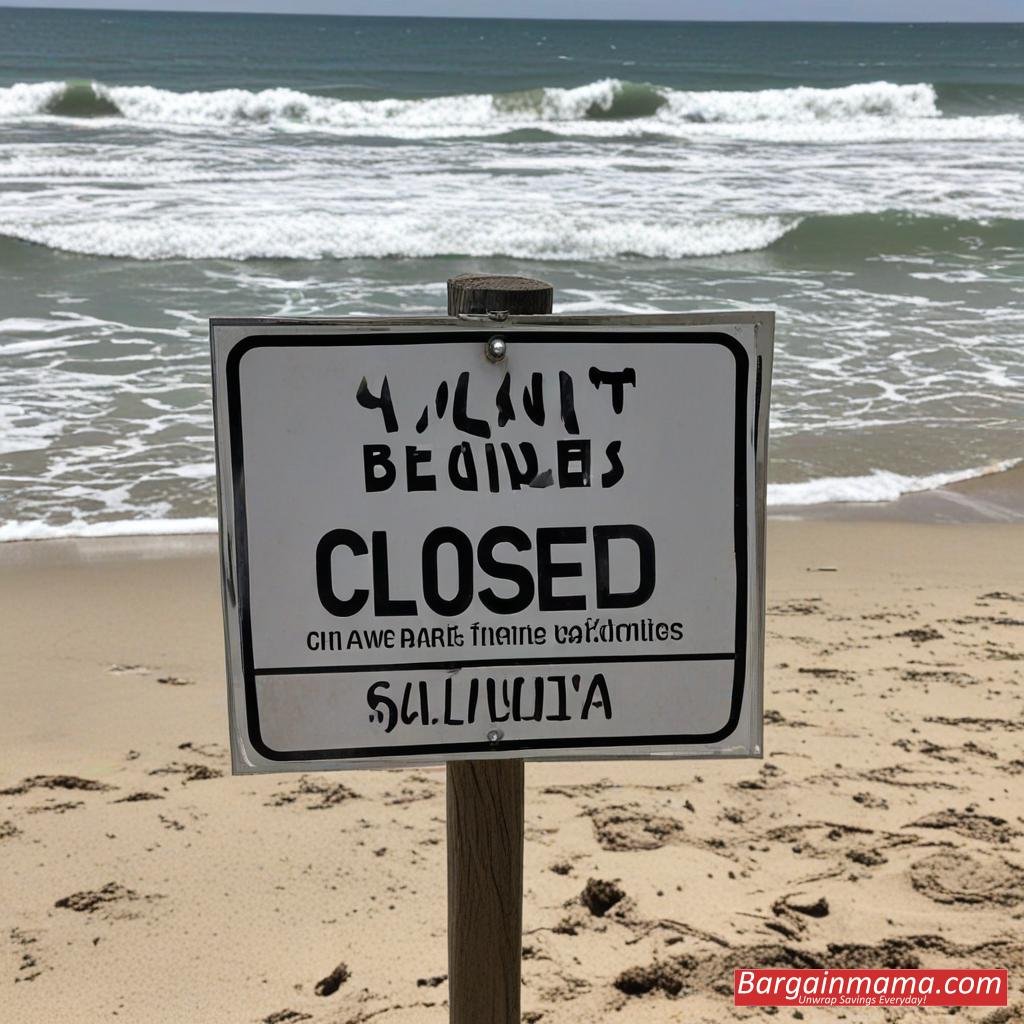Before the Fourth of July, beach closures are caused by high levels of bacteria.
Nearly 100 US beaches are either closed or have swimming advisories in place as the Fourth of July vacation draws near because of high bacteria levels. At least twelve governments have implemented preventative measures to safeguard public health, alerting locals and guests to possible hazards.
States Where High Levels of Bacteria Occur
Over the past week, beaches in Florida, Illinois, Michigan, New Jersey, and New York have reported dangerously high amounts of fecal germs. Two beach closures and five swimming advisories have been announced by Michigan, and advisories have been issued for sixteen beaches in Illinois.
Six sites in Vermont are under a state of high alert because of an overabundance of cyanobacteria, sometimes referred to as blue-green algae, which can be dangerous in large numbers.

Hazards to Health and Environmental Issues
Swimming in high-bacteria water can cause skin infections and gastrointestinal illnesses; this is especially true for young people, the elderly, and those with compromised immune systems. Climate change is making cyanobacterial blooms more common. These blooms create toxins such microcystin, which can harm the kidneys, liver, and reproductive system, among other long-term health problems.
Particular Beach Closures and Warnings
- Iowa: Two beaches have shown elevated levels of microcystin, and five more are showing elevated E. coli.
- 34 beaches in Massachusetts are closed, mostly because to elevated E. Coli or enterococci readings, which signify the presence of feces. The issue has been made worse by the Northeast’s heavy rains, which has contaminated waterways with bacteria.
- Florida: Due to elevated levels of enterococci, there are advisories in place for the beaches in Hillsborough and Monroe counties.
- California: Due to dangerously high levels of germs, two of the city’s three beaches are closed.
- Virginia: Similar advisories are in effect for a number of locations in southeast Virginia.
Professional Guidance and Preventive Actions
The Massachusetts Department of Public Health Commissioner, Robert Goldstein, stressed that bacterial counts can change quickly. He recommends beachgoers to pay attention to posted safety warnings and to the websites of the local health authority for the most recent updates.
Goldstein advises beachgoers to properly dispose of their waste and clean up after their pets in order to help reduce environmental contamination. These steps can reduce the quantity of bacteria that gets into waterways, particularly after a lot of rain.
According to Goldstein, “whatever bacteria they’re introducing into the environment, that bacteria is likely to end up in the bodies of water around us, after a heavy rainfall.”

Check out the website of your local health department for the most recent information on beach conditions and advisories.
In summary
It is important to keep up with issues related to water quality as the summer heat builds and beach visitors increase. With almost 100 beaches closed or under advisory right now, public health and safety must always come first.



